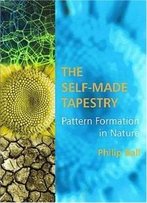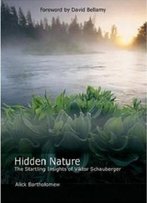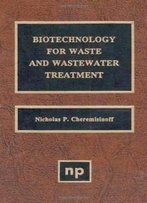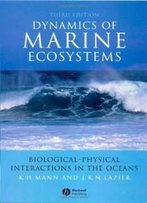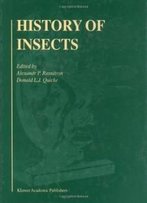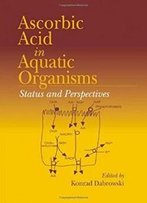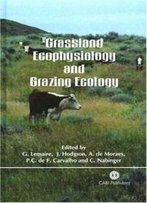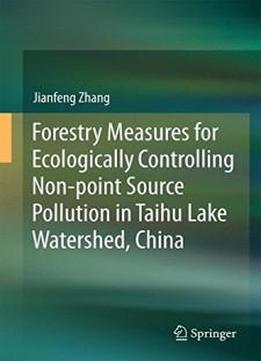
Forestry Measures For Ecologically Controlling Non-point Source Pollution In Taihu Lake Watershed, China
by Jianfeng Zhang /
2016 / English / PDF
15.4 MB Download
This book mainly focuses on ecological approaches for preventing
and controlling non-point source (NPS) pollution on the basis of
forestry measures. In addition to the effects of ecological
control, it introduces readers to the characteristics of NPS
pollution in Taihu Lake watershed, water eutrophication
evaluation methods, and potential countermeasures.
This book mainly focuses on ecological approaches for preventing
and controlling non-point source (NPS) pollution on the basis of
forestry measures. In addition to the effects of ecological
control, it introduces readers to the characteristics of NPS
pollution in Taihu Lake watershed, water eutrophication
evaluation methods, and potential countermeasures.
Given the crucial role of surface runoff and soil erosion in
producing water pollution, the book presents forestry measures to
combat them, such as the creation of public welfare forests,
urban forestry, planting techniques for hedgerows on slope land,
the establishment of shelter belts, nitrogen and phosphorus
absorption by hydrophytes, and sustainable management for
wetlands. Moreover, the results are supplemented by a wealth of
numerical calculations, tables, figures and photographs. The book
offers a valuable guide for researchers, educators and
professionals working in the areas of water environment, water
security and ecological construction.
Given the crucial role of surface runoff and soil erosion in
producing water pollution, the book presents forestry measures to
combat them, such as the creation of public welfare forests,
urban forestry, planting techniques for hedgerows on slope land,
the establishment of shelter belts, nitrogen and phosphorus
absorption by hydrophytes, and sustainable management for
wetlands. Moreover, the results are supplemented by a wealth of
numerical calculations, tables, figures and photographs. The book
offers a valuable guide for researchers, educators and
professionals working in the areas of water environment, water
security and ecological construction.
Prof. Jianfeng Zhang works at the Institute of Subtropical
Forestry, Chinese Academy of Forestry, Fuyang, China.
Prof. Jianfeng Zhang works at the Institute of Subtropical
Forestry, Chinese Academy of Forestry, Fuyang, China.


